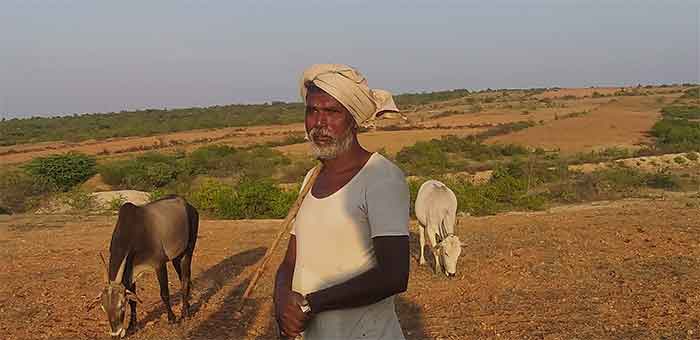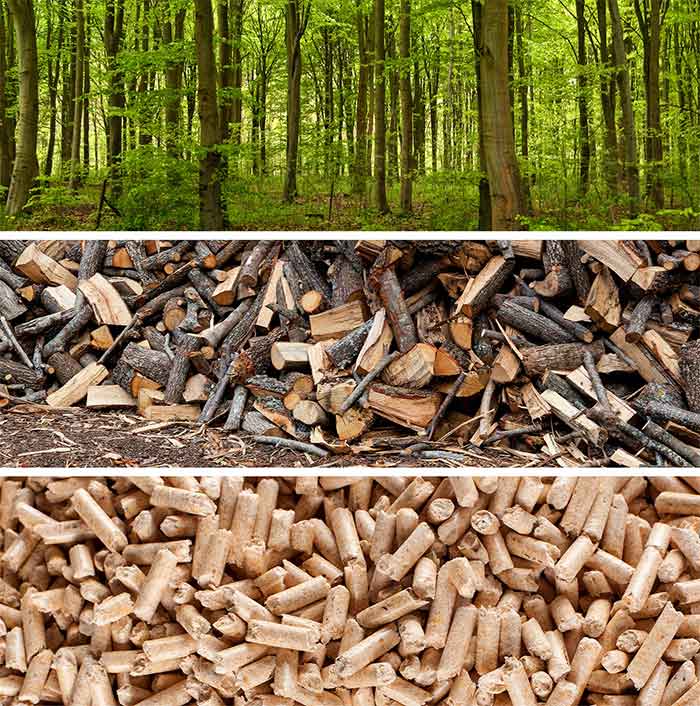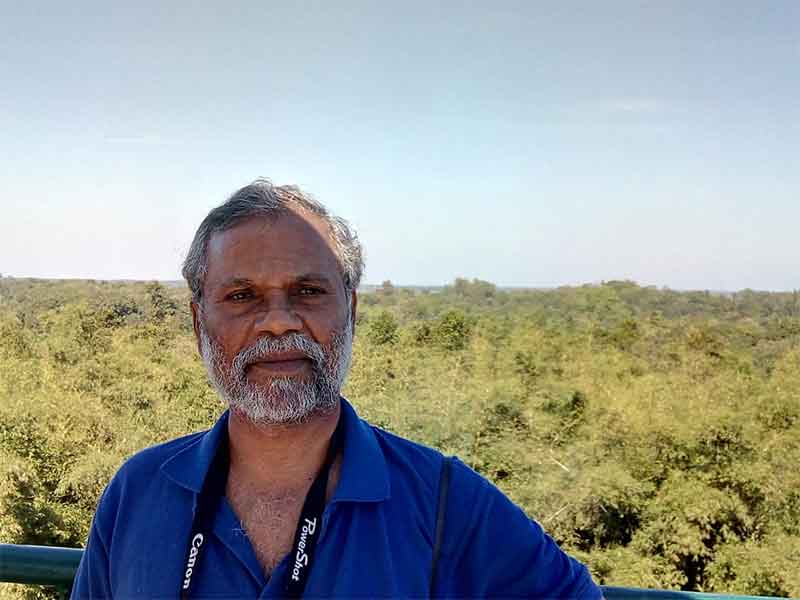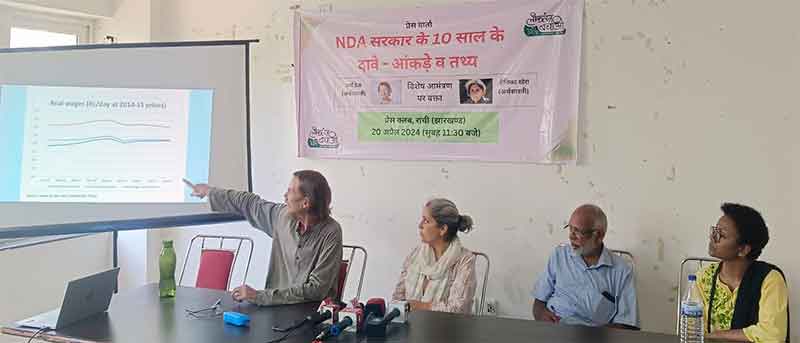
Several countries including India have embarked on a development strategy which emphasizes very rapid and large-scale extraction of minerals, construction of large dams and super-highways, huge urbanization and industrial projects. This is equated to development and progress by ruling regimes and hence they do not give adequate and proper attention to the huge social and environmental costs of such development ( as misunderstood in this very narrow and distorted way ) for rural communities, tribal communities, farmers and pastorals. They also do not give adequate and proper attention to the huge loss of forests and other ecologically important areas ( including habitats of so many forms of life), to tress of various other common areas and orchards, to grazing lands and wetlands, floodplains and ecologically very important places in coastal areas.
So quite often the best that these ruling regimes can think of is some compensatory mechanism of planting trees at some other places , or giving some cash or other compensation to those displaced by the big projects. This too is done often in a very selective or inadequate way, for example a very significant section of adversely affected people may be just left out of the entire compensatory effort ( including the landless farm workers, pastorals, nomads, artisans, sharecroppers, tenants, or even farmers who may not be able to produce the required legal documents).
Millions of such displaced people in India have been pushed away from their rural livelihoods in India alone, millions more are threatened. The move away from cleaner , airy rural areas with green fields, often to congested slums in cities, is almost always a very painful experience. This trend at a global level is of course at a much more gigantic level.
The loss of forests and habitats is no less harmful. This was always harmful but in times of climate change this is inexcusable. I have at times travelled on highways which local people said were not really needed, but involved the thoughtless cutting of thousands of beautiful, magnificent trees with invaluable ecological contributions. Similarly many dam, mining and industrial projects have been widely criticized for their many-sided and unbearably high social and ecological harmful projects.
However as these considerations are not important for the ruling regimes of several countries, the tendency has been to manage things in such a way that the full social and environmental costs are almost never taken into reckoning while clearing these projects rapidly . Consider also the fact that many of these projects are cleared and implemented generally in highly corrupt systems with big pay-offs tied to various such approvals, and it begins to become clearer why many such decisions are inherently and strongly biased against the interests of rural communities and environment protection.
In particular the grave harm done to sustainable rural livelihoods and long-term food security by the diversion of limited fertile farmlands should be resisted. There should be a clear decision that the more fertile land will not be diverted for non-farming use and the remaining natural forests will not be subjected to any further clear-felling or submergence or conversion to monoculture plantations.
Bharat Dogra is a journalist and author. His recent books include Planet in Peril and Earth Without Borders.
IF YOU LIKED THE ARTICLE SUPPORT PEOPLE’S JOURNALISM















































